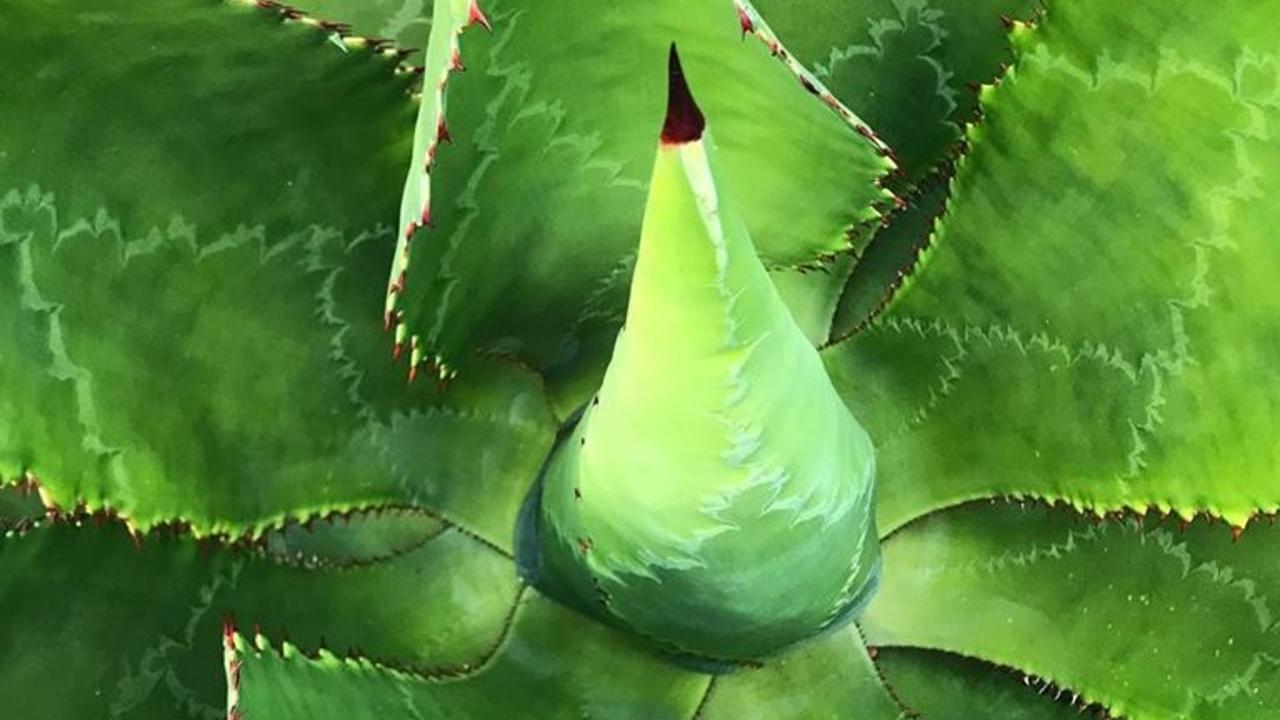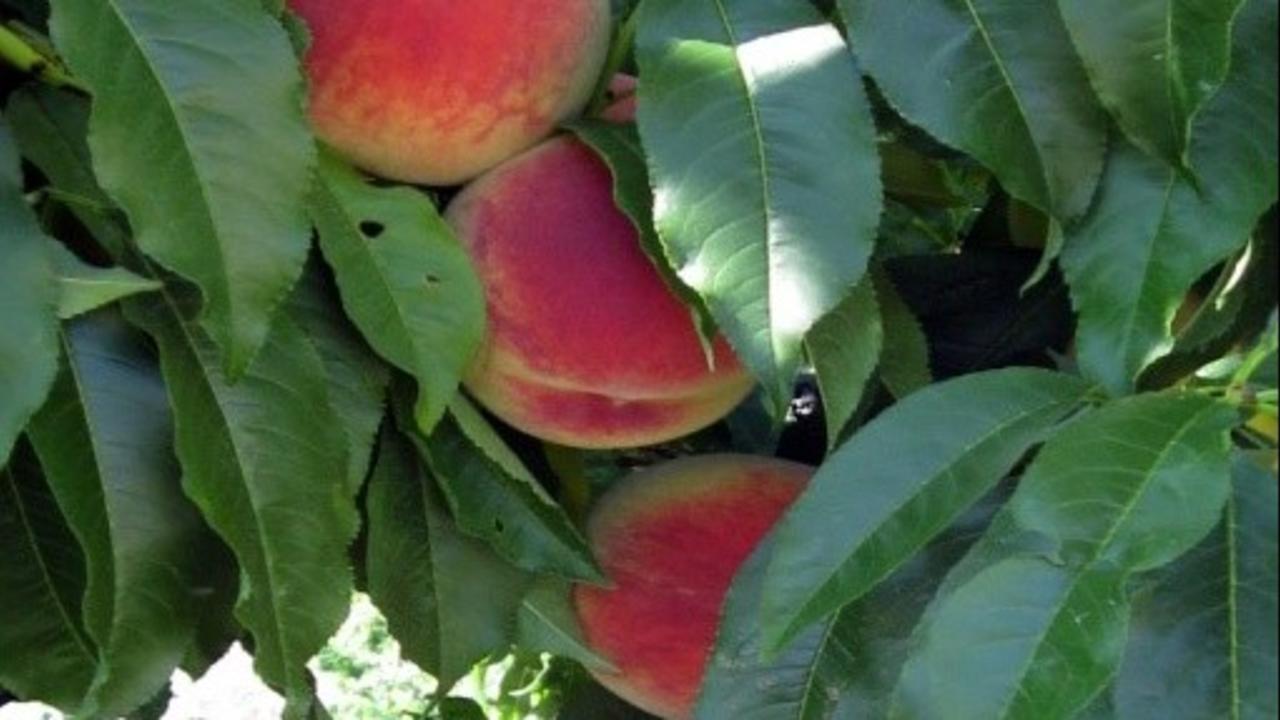Casa Aguila Food Forest
Converting a weedy, steep Ramona hillside into a water harvesting food forest
Ramona Food Forest Design and Installation
Long time clients (actually, our first!), Amy and Pete, approached us to install a food forest on a half acre section of their land as they were constructing their new passive home, Casa Aguila.
This food forest is supported by over 300 feet of rainwater harvesting swales and rock spillways, as well as one of the first permitted aerated septic effluent irrigation systems for trees. A challenging but engaging project, this install will produce food and nourishment for Amy and Pete as well as capturing and soaking water higher in the landscape and will help extend the rainy season thereby reducing irrigation needs.
Project Description
Food forest with wide variety and diversity of fruits and nuts. Pathways across the site utilize the berm side of rainwater harvesting swales. Boulder spillways (all sourced from site) allow for controlled overflow from swale to swale. Planted and seeded with climate appropriate plants and California natives. Thick layer of mulch (2-3″) covers areas to help reduce soil evaporation and erosion.
Project Details
Location Ramona, CA
Date Completed 02/2016
Features Rainwater harvesting swales, boulder spillways, fruit trees, drip line irrigation, California native plants, railroad tie steps, urbanite path, climate sensor smart irrigation system
Budget $$$$$

Food Forest Landscape Design
Given the complexity of harvesting storm water, dealing with a steep slope (15%+) and a complex irrigation system, a formal landscape design was necessary. These plans were also submitted to the city along with other irrigation schematics for gaining permit approval for the septic irrigation system designed by Bill Wilson.

Working with Nature and Water
One of Ecology Artisans’ specialties is working with water. We are trained and experienced with manipulating the flow of water to ensure that it is a benefit, not a liability, to a landscape. Steep slopes and limited ground cover are recipes for extreme soil loss and erosion, especially for our soil types. By building earthworks and systems that slow, spread and allow water to sink in, we nearly eliminate the destructive force of water and convert it into an asset.

Plant Biodiversity
By planting diverse plant palettes we encourage beneficial competition between prey, predators and disease. Monocultural systems are susceptible to fast spreading blights and disease, but systems with diversity of plants, soil biology and microclimates means no one infestation can take hold easily; there’s always something challenging it for turf (or for lunch!). We incorporated a diverse mix of flowers, grasses and legumes between the trees to help pull nutrients to the surface, increase water infiltration and add organic matter. These plants also act as homes for predatory wasps and other insects that consume insects that may cause harm to the fruit trees.

Putting Trees in the Right Location
Ramona is an intense climate, and this site in particular sees it more than most. Strong anabatic and Santa Ana winds rip through the food forest almost year round. Coupled with intense sunlight and high ambient summer temperatures, placing plants in the right location is critical. Starting at the top of the slope, we located tough pomegranates followed by zapote, fig and mulberry. Avocados are mixed in do ensure healthy drainage alongside macadamia, citrus and Inga edulis. Below those are stone fruits and apple to take advantage of the chilled air that sits in a pocket to encourage proper fruiting.























